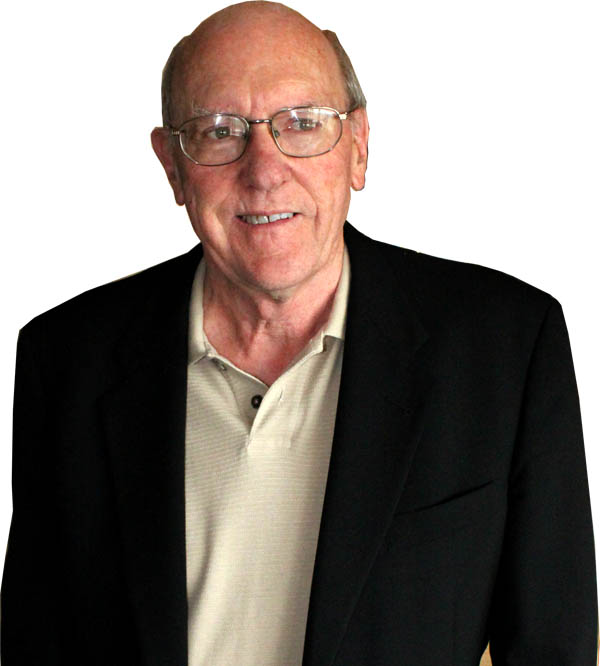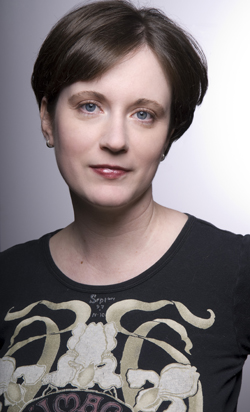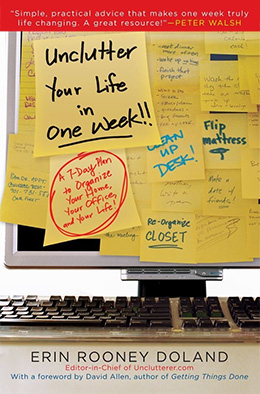Thomas Armstrong, Ph.D.
It’s time again to share our popular “Ask the Expert” interview series that connects you with dynamic thought leaders. This year we’ve spoken with Harold Taylor about time management, Erin Rooney Doland about clutter, Francine Jay about letting go, Todd Henry about next steps, Dr. Debbie Grove about change, and Joshua Becker about fresh starts. For July, I’m excited to have with us prolific author, speaker, and learning and human development expert, Dr. Thomas Armstrong to share his insights about motivation.
I had the pleasure of meeting Thomas almost two years ago when he spoke about Neurodiversity at the Institute for Challenging Disorganization (ICD) conference in Denver. He’s a fabulous presenter who is knowledgeable and engaging. My gratitude goes to Thomas for taking the time from his busy travel schedule to join us. When we communicated this past spring, he was just returning from being away for a month lecturing in Abu Dhabi. Before we begin, here’s more about him.
Thomas Armstrong, Ph.D. is the Executive Director of the American Institute for Learning and Human Development, an award-winning author and speaker, and an educator for forty years. Over one million copies of his books are in print on issues related to learning and human development. He’s written fifteen books including The Myth of the A.D.D. Child and 7 Kinds of Smart. Dr. Armstrong has given over 900 keynotes and workshops in 44 states and 23 countries. You can connect with him on Twitter, Facebook, LinkedIn, blog or website.
Linda Samuels:How has your expertise in neurodiversity and multiple intelligences influenced your ideas about motivation?
Thomas Armstrong, Ph.D.: It’s clear to me that students are much more likely to be motivated to learn if they have an opportunity to learn using their most highly developed and/or most highly preferred intelligences. Similarly, if a student has special needs (LD, ADHD, Autism etc.), they are more likely to be motivated in school if they are helped to learn using their strengths, rather than their weaknesses. By focusing on words and numbers in the schools (rather than pictures, the body, music, nature etc.), we’re cutting off natural motivational channels for many kids. And by employing a deficit orientation for kids with special needs, rather than a diversity perspective, we’re making it harder for these kids to get motivated.
Linda: What motivates us to change?
Thomas: I’ve always liked Abraham Maslow’s schema on motivation, which he shared in the chapter ‘’Defense and Growth’’ in his book Toward a Psychology of Being. He says you become motivated to change when a) you minimize the dangers of making a change, b) you maximize the dangers of not changing; c) you maximize the advantages of making a change, d) you minimize the advantages of not changing. It’s a simple, elegant formula that anyone can use to develop a willingness to take a new job, exercise, not smoke, learn a new language, enter a new relationship, and so forth.
Linda: What is one common motivation obstacle and a strategy for overcoming it?
Thomas: Fear or anxiety seems to me to be the primary hurdle. There are many good strategies for overcoming fear/anxiety including meditation, strenuous exercise, psychotherapy, progressive relaxation, visualization, and yoga, just to name a few. I’ve used all of them, and to good effect.
Linda: What has been your biggest personal motivation challenge?
Thomas: I’d prefer not to dig that deep into my past, but one very big personal challenge for me in the past several years has been my desire to write a novel. I started sketching notes for a novel in 1990, began in earnest on it in the early 2000’s, and have been working intermittently on it ever since. I’ve had to confront my own self-doubts about my ability to write fiction, my own difficulty in moving over from my left hemisphere (non-fiction) to my right hemisphere (novel), and my general difficulty in facing an empty page and moving into the unknown. I’m happy to report that I completed the first rough draft of my 120,000-word novel just last month while I was working in Abu Dhabi, United Arab Emirates. I celebrated by having lunch at Hemingway’s, a restaurant at the hotel dedicated to one of America’s greatest novelists. Now, on to the revisions!
Linda: What is your most surprising discovery about motivation?
Thomas: That you have to keep on re-motivating yourself. Motivation is not just one long surge. At least for me, it comes in spurts, and in different ways, and I guess, surprisingly for me, through dreams (which really helped motivate me to write my novel).
Linda: What else would you like to add?
Thomas: So many parents ask: how can I motivate my child to learn? This is the wrong question. Your child was born with a natural motivation to learn, otherwise our species would have gone extinct. The question is, how do we re-motivate our kids, how do we reconnect them back to that intrinsic love of learning that they were born with. Here’s a hint: tests, grades, ‘’rigorous’’ and demanding coursework, labeling, tracking, a standardized curriculum – these are not the ways!
Thomas, I love the positive, strengths-based approach you have about motivation and learning. Working from a place that energizes us makes so much sense whether we’re a child or an adult. Thank you also for highlighting Abraham Maslow’s model on motivation and change. Those ideas along with the strategies you shared for overcoming motivation obstacles are so helpful. I’m sure they’ll resonate with my readers.
Please join Thomas and me as we continue the conversation. Share your ideas about motivation, strengths-based being, and change. What are your thoughts?







